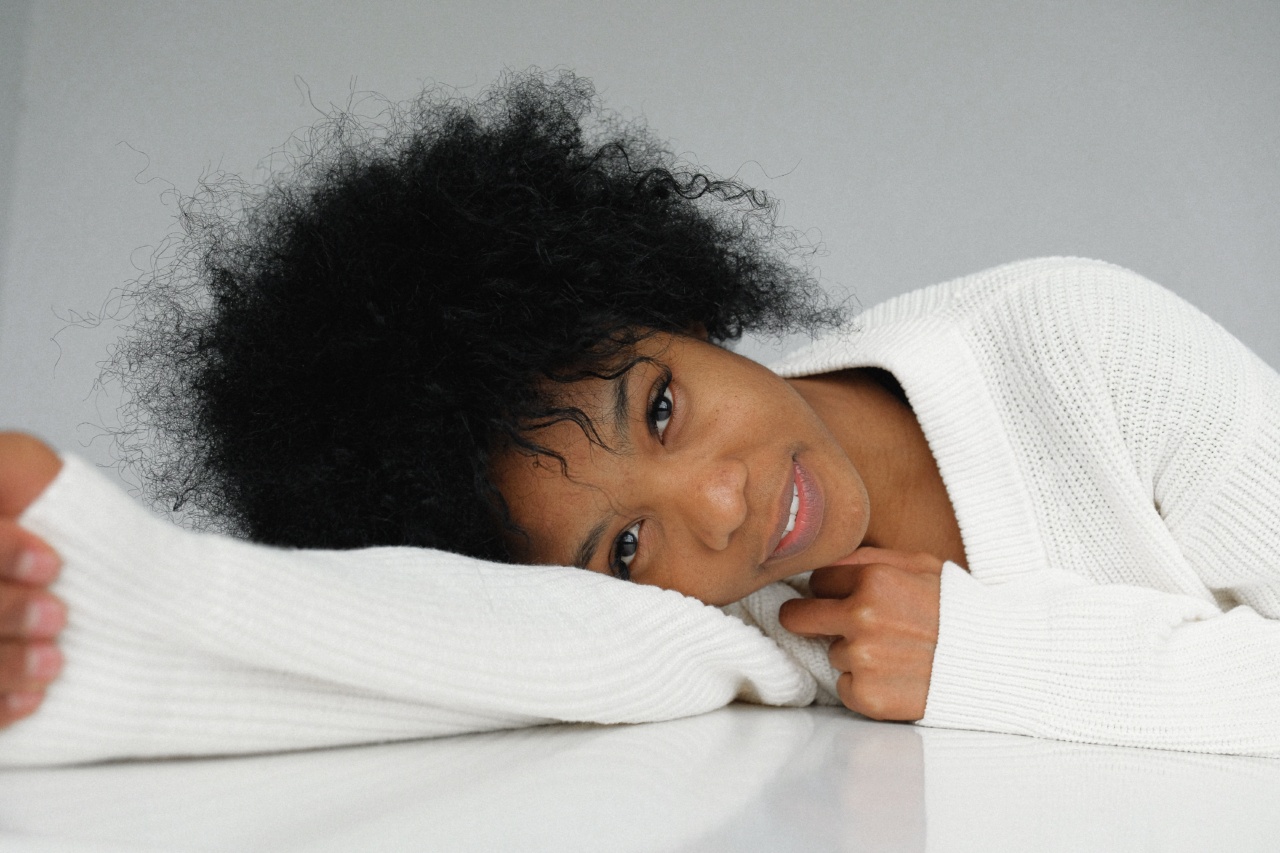Sleep is a crucial function of the body and is essential for optimal health and wellbeing. It is during sleep that the body repairs and rejuvenates itself for the next day. Lack of sleep can have a significant impact on the body, including its appearance.
In this article, we will explore how lack of sleep affects your appearance.
1. Dark Circles
One of the most common effects of lack of sleep on your appearance is dark circles under your eyes. Lack of sleep can cause blood vessels to dilate, resulting in dark circles.
Additionally, when you don’t get enough sleep, your body produces excess cortisol, which can cause the skin under your eyes to thin, and the blood vessels become more visible.
2. Dull Skin
Sleep is essential for skin health. During sleep, your skin produces collagen, a protein that provides elasticity and firmness to the skin. When you don’t get enough sleep, your body produces less collagen, and your skin becomes dull and lackluster.
Lack of sleep can also cause your skin to become dehydrated, leading to dryness, flakiness, and itchiness.
3. Fine Lines and Wrinkles
Another way lack of sleep affects your appearance is by causing fine lines and wrinkles to appear. When you don’t get enough sleep, your body produces less human growth hormone, which is responsible for repairing damaged skin cells.
Additionally, lack of sleep can cause your skin to become dehydrated and lose its elasticity, resulting in fine lines and wrinkles.
4. Swollen Eyes
Another common effect of lack of sleep on your appearance is swollen eyes.
When you don’t get enough sleep, your body produces excess cortisol, a stress hormone that can cause fluid to build up around your eyes, resulting in puffiness and swelling.
5. Acne
Lack of sleep can also have an impact on your skin’s susceptibility to acne. When you don’t get enough sleep, your body produces more cortisol, which can lead to increased inflammation and oil production in the skin.
This can cause pores to become blocked, leading to the development of acne.
6. Pale Skin
Lack of sleep can also cause your skin to appear pale and washed out. When you don’t get enough sleep, your body produces less adrenaline, a hormone that increases blood flow to the skin.
This reduced blood flow can result in a pale appearance, making you look tired and unwell.
7. Hair Loss
Sleep is essential for hair health. During sleep, your body produces melatonin, a hormone that stimulates hair growth. When you don’t get enough sleep, your body produces less melatonin, and your hair growth slows down.
Additionally, lack of sleep can lead to stress, which can cause hair loss.
8. Weight Gain
Another way lack of sleep can affect your appearance is by causing weight gain. When you don’t get enough sleep, your body produces more ghrelin, a hormone that stimulates hunger, and less leptin, a hormone that suppresses appetite.
This can lead to overeating and weight gain, which can have a significant impact on your appearance.
9. Tired Eyes
Lack of sleep can also cause your eyes to appear tired and droopy. When you don’t get enough sleep, your body produces less collagen, causing the skin around your eyes to lose elasticity and become saggy.
Additionally, lack of sleep can cause your eyes to become dry and bloodshot, making them look tired and worn out.
10. Poor Posture
Lastly, lack of sleep can also affect your posture, which can impact your appearance. When you don’t get enough sleep, your muscles become fatigued, making it more challenging to maintain good posture.
Poor posture can lead to a slouching appearance, making you look less confident and unattractive.





























